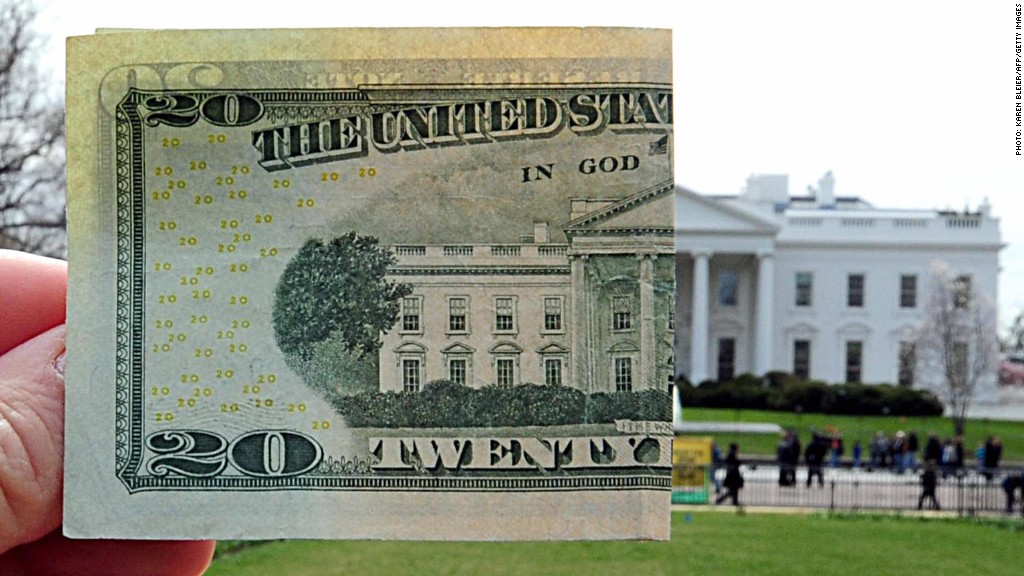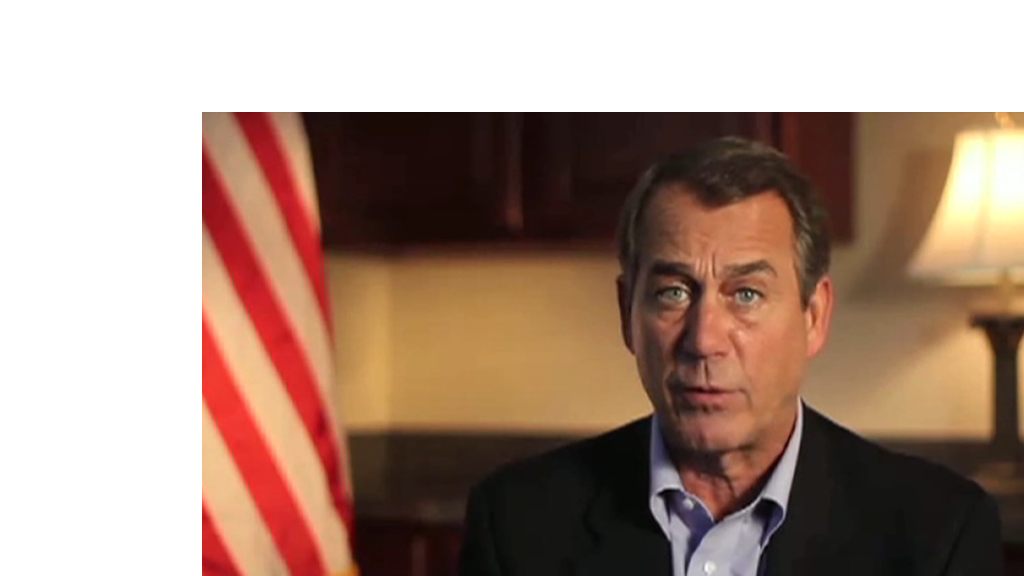
Washington's march toward self-inflicted financial calamity is setting off alarm bells around the world as general befuddlement turns into genuine concern over a possible default by the world's lone superpower.
China and Japan -- which hold a combined $2.4 trillion in U.S. debt -- have called for a quick resolution to the crisis and expressed worries over the economic consequences of a default.
In the first official response by China, Vice Finance Minister Zhu Guangyao said that a solution must be found quickly in order to "ensure the safety of Chinese investments" and provide stability for economies around the globe.
"We ask that the United States earnestly take steps to resolve in a timely way the political issues around the debt ceiling and prevent a debt default," he said. "This is the United States' responsibility."
Economists predict a default would do great harm to economies around the world. Investors would likely drop the dollar, an event that would stress other currencies. Equity markets would surely take a hit, and transactions pegged to the value of Treasuries would be difficult to execute.
Related story: Crossing debt ceiling dangerous and 'unthinkable'
The debt ceiling is a quirk of governance shared by few countries. Denmark and Japan have similar systems but no history of mixing borrowing limits and political brinkmanship.

A senior Japanese official, speaking to the Financial Times, said that country's Ministry of Finance is "very worried," and cited the market turmoil and "chaos" brought on by the failed House vote to authorize bank bailout funds in 2008.
In that case, the House rejected a bill that would have given Treasury officials the funds needed to stabilize the country's rapidly deteriorating banking system. The Dow fell 777 points -- its biggest single day point decline -- and wiped away more than $1 trillion in value. The House later authorized a revised version of the legislation.
Some world leaders say confidence in the United States is waning yet again -- a feeling brought on by week-old government shutdown.
Prime Minister Lee Hsien Loong of Singapore, speaking at the Asia Pacific Economic Cooperation summit, said that Americans "are unable to get their act together" and described the shutdown and debt ceiling imbroglio as "problems you have created for yourself in a game of chicken."
Washington's behavior sends a "negative signal which will last much longer that the shutdown," he said.
Related story: A 1-month shutdown: $50 billion economic blow
In 2011, the last time President Obama tangled with Congress over the debt ceiling, a last minute deal was needed to avert catastrophe. Still, the country's prized AAA credit rating did not survive, as Standard & Poor's issued a downgrade that it said was brought on, in part, by political brinkmanship and ineffective governance.
After a slow start this time around, nerves appear to be fraying.
During the first week of the government shutdown, investors had a relatively blasé attitude toward the drama in Washington. But as a critical Oct. 17 debt limit deadline approaches, stocks around the world are coming under pressure -- a trend that will only intensify without a deal.
-- CNN's Pamela Boykoff contributed reporting.


